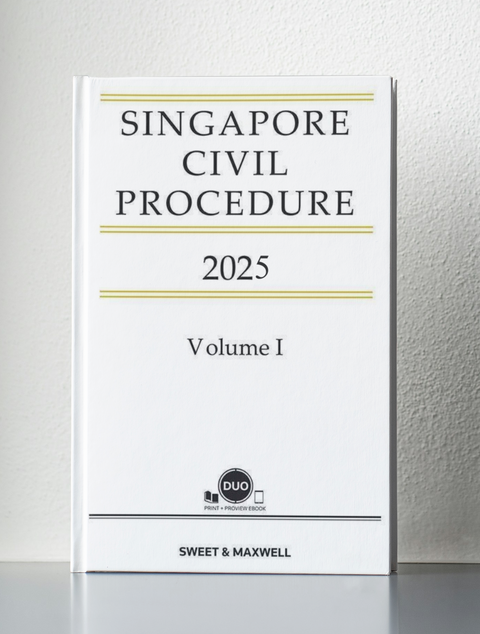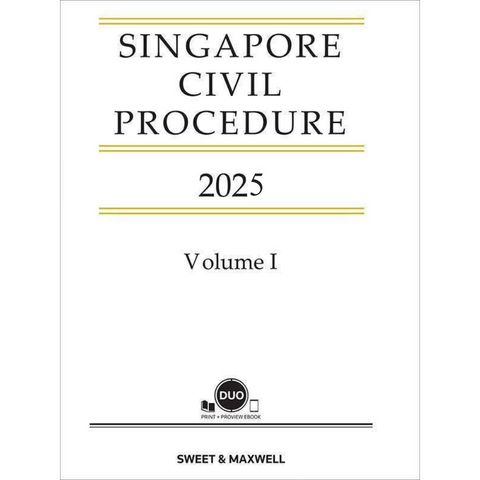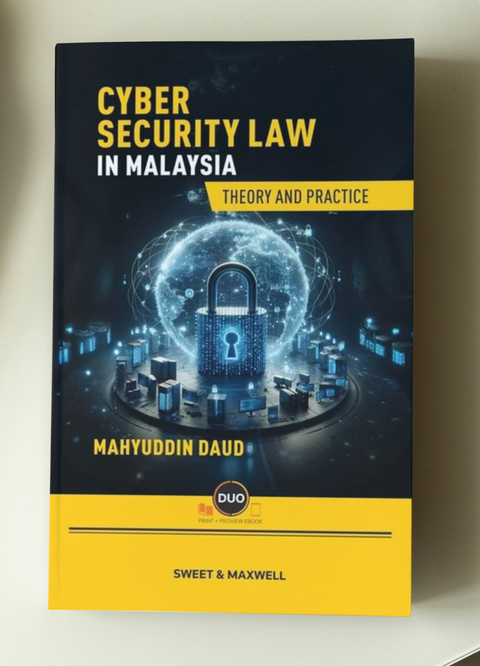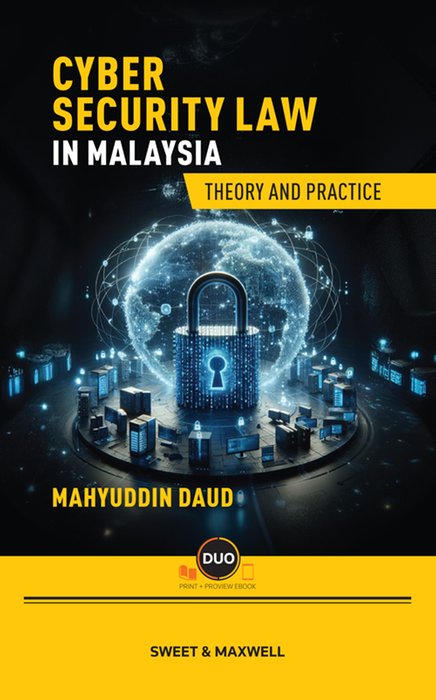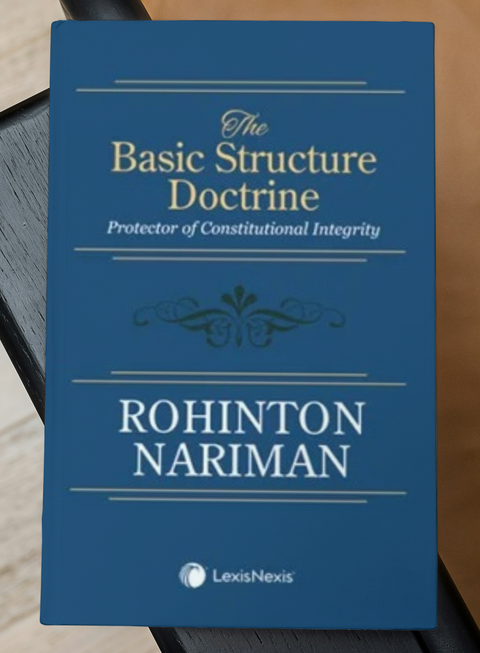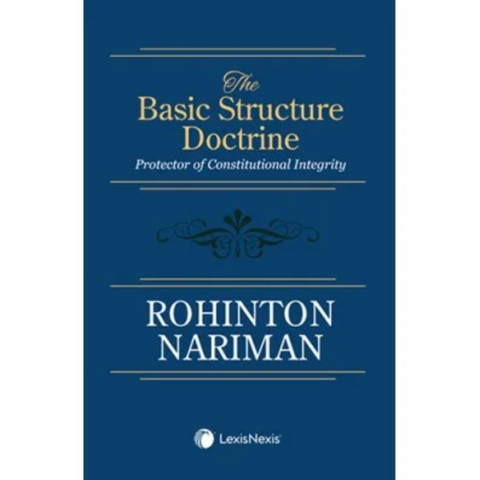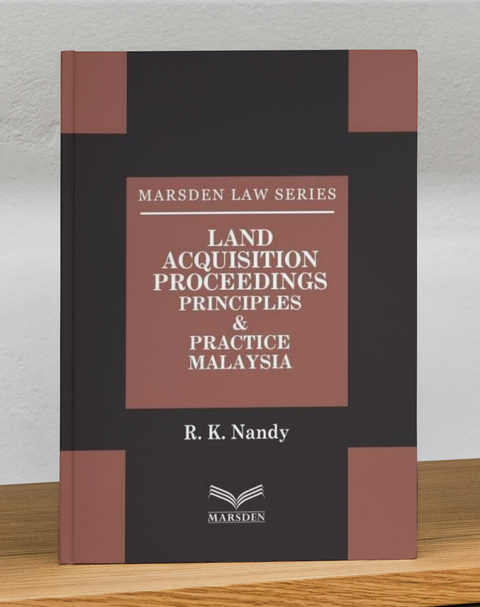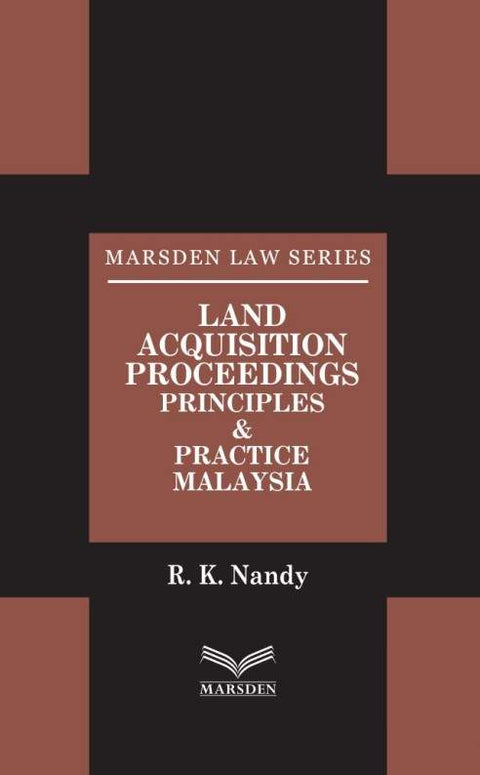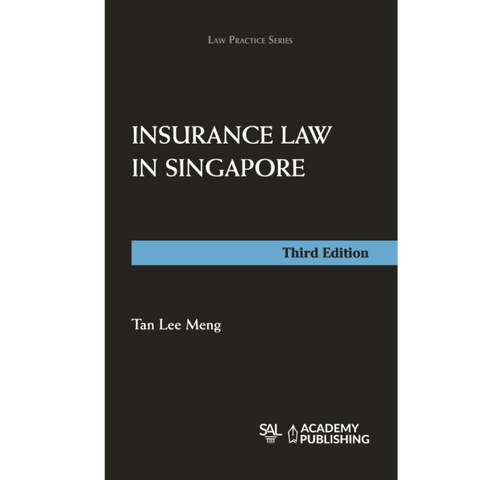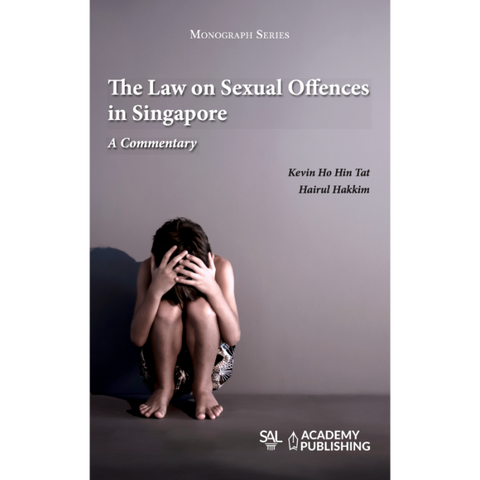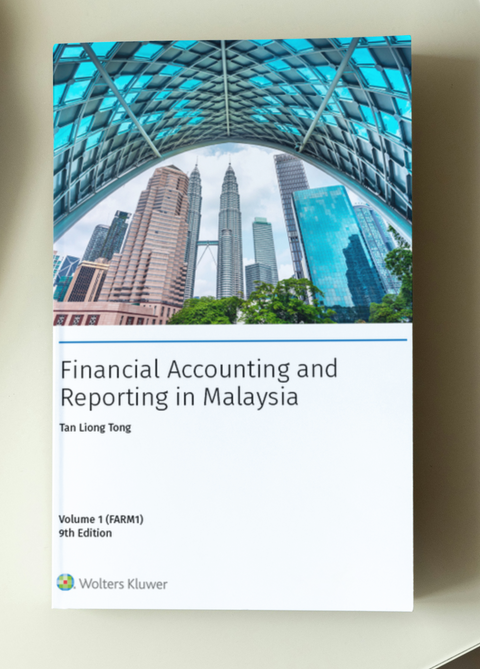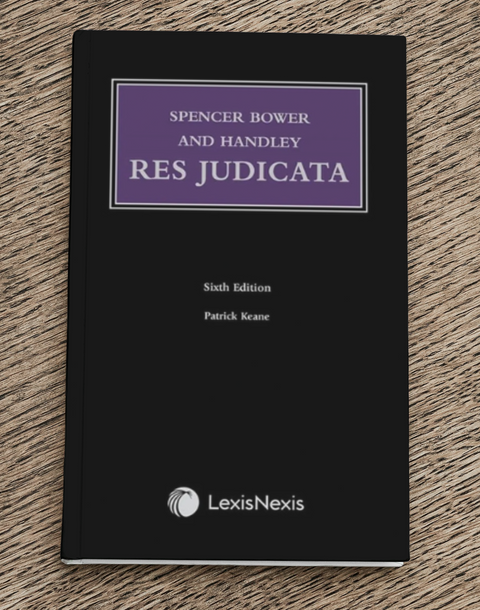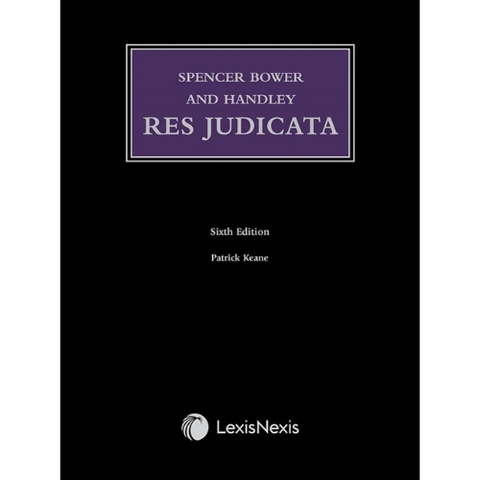



Enforcement Agency Integrity Commission Act 2009 (Act 700) (Hingga 1 Februari 2010)
Enforcement Agency Integrity Commission Act (Akta 700)
(Hingga 1 Februari 2010)
This is dwilingual, it contains both Malay and English.
Detailed Contents Of Enforcement Agency Integrity Commission Act 2009 :
The Enforcement Agency Integrity Commission Act 2009 (Act 700) is a Malaysian law that was enacted in 2009 and came into effect on February 1, 2010. The purpose of this Act is to establish the Enforcement Agency Integrity Commission (EAIC) to investigate complaints of misconduct and corruption by enforcement agencies.
The EAIC is an independent body that is responsible for ensuring that enforcement agencies, such as the police, immigration officers, and customs officials, conduct themselves with integrity and professionalism. The Act provides for the appointment of the Chairman and members of the Commission, who are responsible for carrying out the functions of the EAIC.
The Act outlines the powers and functions of the EAIC, which includes the power to investigate complaints of misconduct and corruption by enforcement agencies, to make recommendations for disciplinary action, and to advise enforcement agencies on best practices for ensuring integrity and professionalism.
The Act also provides for the protection of whistleblowers who report cases of misconduct or corruption by enforcement agencies. Whistleblowers are protected from victimisation, harassment, and discrimination for making such reports.
In addition, the Act provides for the establishment of a Complaints Committee, which is responsible for receiving and investigating complaints made against the EAIC. The Complaints Committee is also responsible for making recommendations for the improvement of the EAIC's operations.
Overall, the Enforcement Agency Integrity Commission Act 2009 (Act 700) is an important piece of legislation that seeks to ensure the integrity and professionalism of enforcement agencies in Malaysia. The EAIC plays a crucial role in investigating complaints of misconduct and corruption, making recommendations for disciplinary action, and advising enforcement agencies on best practices for ensuring integrity and professionalism.
Find similar books to Enforcement Agency Integrity Commission Act: Akta/ Statutes
Latest releases
Get your copy today!





5.0
2745 reviews




42 people found this helpful
Nov 14, 2024


Same day delivery Grab arrived very fast! Thank you Joshua.
13 people found this helpful
Jul 6, 2024



Wonderful experience shopping with Joshua's team, superb delivery 10/10
13 people found this helpful
Jul 31, 2024


I love shopping at JLAG because of the varieties of titles that are found here specifically, I usually opt to buy in their brick and mortar stores in
7 people found this helpful
Jul 7, 2024


Thank you so much Joshua Legal Art Gallery for your amazing service.
68 people found this helpful
Nov 1, 2024


Good book, keep up the unique collection. 👍
26 people found this helpful
Jul 16, 2024



Thank you for fast delivery and transaction.
26 people found this helpful
Jul 1, 2024



Firm purchased this title at a good price online with Joshua, very unique as no other shop carry this book in Malaysia.
12 people found this helpful
Jul 17, 2024







